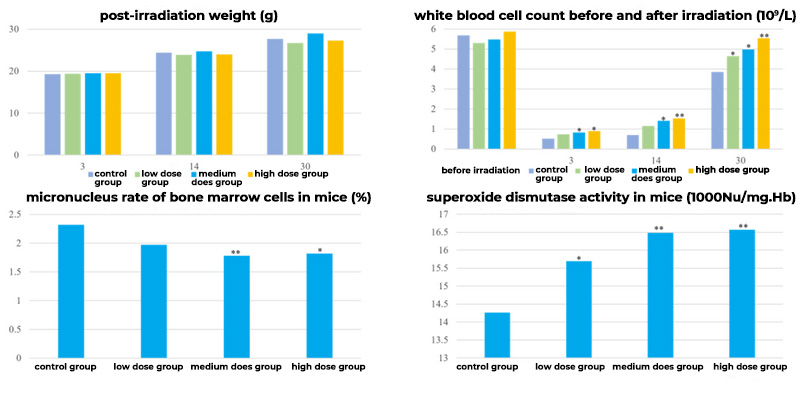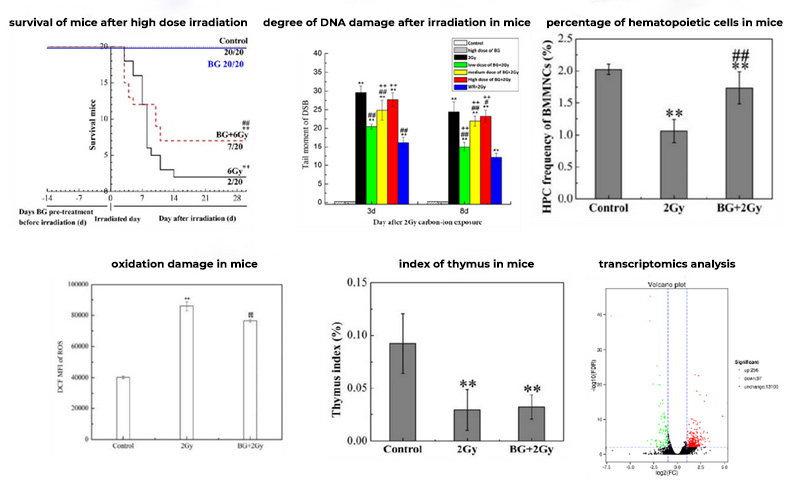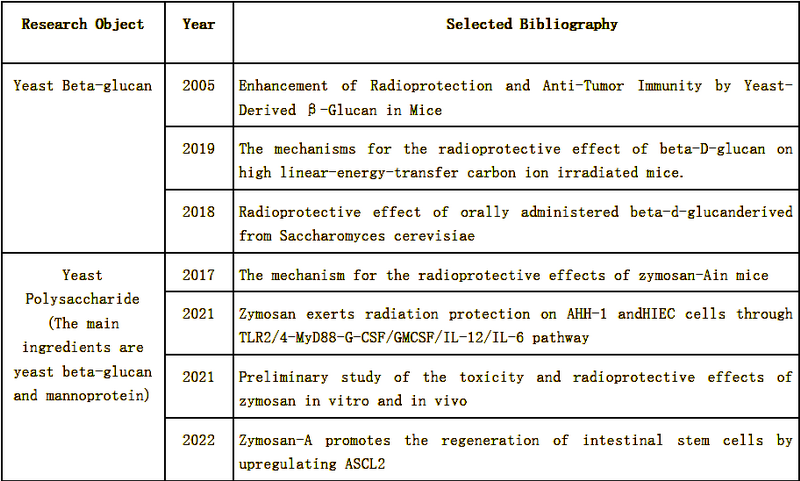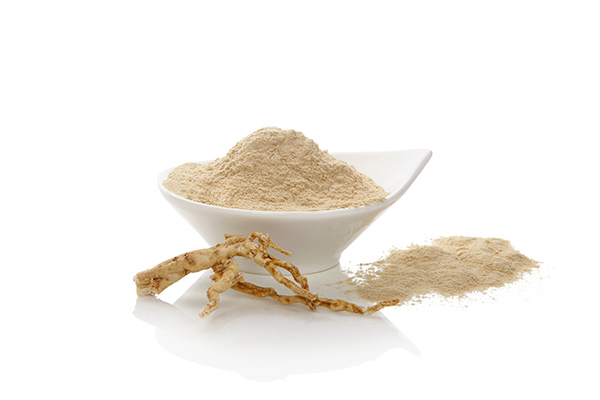-
Home > News & Events > Blog > Human Health
Radiation and its hazards
Radiation is the collective name for the phenomenon of emitting and spreading energy in the form of high-speed particles or electromagnetic waves into the surrounding space or matter. Radiation is divided into ionizing radiation and non-ionizing radiation, ionizing radiation is mainly α-rays, β-rays, γ-rays, X-rays, etc. Non-ionizing radiation refers to wavelengths greater than ultraviolet, light energy is not enough to make molecules dissociate radiation lines, including ultraviolet, visible light, infrared, microwave, radio frequency, etc.. This type of radiation is very common in our daily lives, and what is really harmful to the human body is ionizing radiation.
Ionising radiation is characterised by short wavelengths, high frequencies and high energy. The cells of the human body are composed of atoms, and ionisation can cause atoms that are originally covalently connected to form charged atoms, thus interrupting the DNA or proteins in the cells and causing cancer; too large a dose of radiation leads to the death of the cells, or even to the death of the organism; of these, the reproductive system and the haematopoietic system are more sensitive to radiation.
Radiation protection
For external radiation exposure, the principles of protection are time, distance and shielding. The time of exposure should be minimised, the source of radiation should be kept as far away as possible, and adequate and effective shielding should be used as far as possible. For radiation-contaminated water and food, it is important to avoid ingestion, inhalation and contact, and to minimise intake within the optimal range. There are, however, some nuclear elements with very long half-lives that persist in the environment for long periods of time and spread globally with air and ocean currents.
In our daily diet, we can eat more fruits and vegetables and animal liver, which contains vitamin A, vitamin C, vitamin E are better anti-radiation nutrients. In addition, the yeast β-glucan in the yeast cell wall can stimulate the human immune system, enhance hematopoietic function, improve the body's antioxidant capacity, but also anti-radiation food of choice.
Yeast-derived beta-glucan (Yeast β-Glucan) exists in the inner layer of yeast cell wall and is a high molecular polysaccharide with β-1, 3-D-glucan as the main chain and β-1, 6-D-glucan as the branched chain, which has a variety of functions such as immunomodulation, anti-radiation, anti-infection and so on. Numerous studies have demonstrated the anti-radiation effects of yeast β-glucan. The anti-radiation effect of yeast β-glucan is mainly achieved by improving the haematopoietic function of the body, strengthening the immune function of the body, and improving the antioxidant function of the body.
Research Ⅰ: anti-radiation effects of yeast glucan
Yan Zhang et al. Study on the anti-radiation effect of yeast glucan[C], 2010.
Subject mice were given yeast polysaccharides by gavage, and after 15 days of continuous gavage, they were irradiated with 5.0 Gy and 7.0 Gy of60 Co-γ rays, respectively, and after irradiation, they continued to be given the subjects, and were subjected to the leukocyte counts, bone marrow cell micronucleus test, and erythrocyte SOD activity test, respectively.
The leukocytes of all groups 30d after irradiation were significantly higher than those of the control group in the same period; administration of yeast polysaccharides reduced the micronuclei of the bone marrow cells of the irradiated mice, and; erythrocyte SOD activity. It shows that oral administration of yeast polysaccharide has auxiliary protective effect on radiation.

Fig.1 anti-radiation effects of yeast glucan
Research Ⅱ: carbon ion radioprotective effects of yeast β-glucan and related mechanisms
Fang Liu. Carbon ion radiation protection effect of yeast β-glucan and related mechanism[D]. University of Chinese Academy of Sciences, 2020.
Subject mice were given yeast polysaccharides by gavage, and after 14 days of continuous gavage, they were irradiated with C126+ rays, and after irradiation, the subjects continued to be given the test substances for thymus index analysis, DNA damage detection of bone marrow nucleated cells, haematopoietic cell proliferation assay, detection of bone marrow nucleated reactive oxygen species and malondialdehyde, and DNA analysis, respectively.

Fig.2 carbon ion radioprotective effects of yeast β-glucan and related mechanisms
It was found that oral administration of yeast β-glucan could effectively reduce bone marrow haematopoietic cell damage, promote haematopoietic cell damage repair and haematopoietic cell proliferation, reduce radiation-induced myelosuppression, and improve the survival rate of radiation-irradiated mice, and that yeast β-glucan was able to achieve protective effects by reducing the oxidative damage of bone marrow nucleated cells in radiation-irradiated mice, altering the gene expression profiles of bone marrow nucleated cells, and increasing the level of protective cytokines in the blood plasma. The protective effect of yeast β-glucan was achieved by attenuating oxidative damage, altering the gene expression profile of bone marrow nucleated cells and increasing the level of protective cytokines in plasma.
Other studies on the antiradical properties of yeast beta-glucans and yeast polysaccharides

Fig.3 studies on the antiradical properties of yeast beta-glucans and yeast polysaccharides
Application of yeast β-glucan
In addition to its anti-radiation effects, yeast β-glucan is favoured by major manufacturers due to its powerful immune-boosting activity and prebiotic properties. Currently, yeast β-glucan can be used as a new resource food in a variety of food products and as a nutritional enhancer in formulae for older infants and young children.
| Published by Shi Lei Engineer of Nutrition and Health Division |
About Angel Human Health:
Specialized in yeast and fermentation, AHH is committed to developing innovative, differentiated, science-based functional ingredients and customized solutions, to help our customers get enduring success, as well as contribute to a healthier and sustainable world together.
About Angel:
Angel Yeast Company is a high-tech listed company specializing in yeast and biotech. Product business covers Yeast and Baking, Yeast Extract-Savoury, Nutrition & Health and Biotechnology fields. It is one of the world's leading companies in the yeast industry. Angel has 12 holding subsidiaries and provides products and services for more than 150 countries and regions.
Press Contact:
ANGEL YEAST CO., LTD
Address: 168 Chengdong Avenue, Yichang, Hubei 443003, P. R.China
Tel: +86 717 6369570
Email: shilei@angelyeast.com








